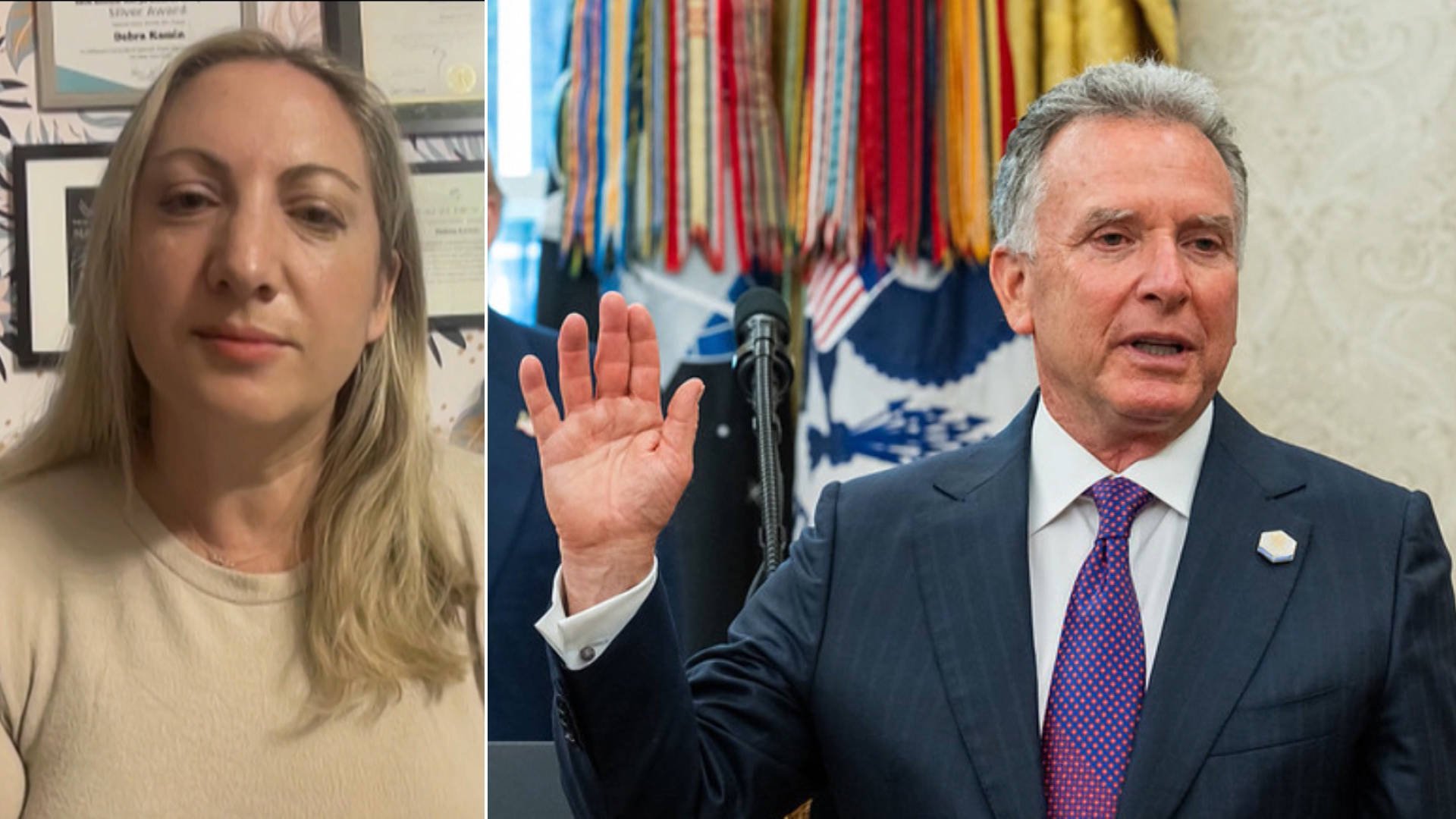As tensions escalate in the Middle East, President Donald Trump’s ceasefire proposal to end the ongoing conflict in Gaza has drawn attention. Specifically, the role of Steve Witkoff, the U.S. envoy to the region, is under scrutiny. A recent investigation by The New York Times reveals concerning overlaps between Witkoff’s diplomatic activities and his family’s business dealings, prompting questions about potential conflicts of interest.
The ceasefire negotiations, mediated by Witkoff, coincide with his son Alex Witkoff actively soliciting investments from Gulf Arab states. The investigation highlights that while Steve Witkoff assumed his diplomatic role, he did not fully divest from the Witkoff Group, the real estate firm he founded in 1995. Since then, the company has continued to secure significant deals in the Middle East, raising alarms about the intertwining of his political engagements and family business interests.
Debra Kamin, a reporter who contributed to the investigation, stated, “There is no question that these relationships and these allegiances carry over between business and politics.” The implications of this duality are troubling, as they suggest that the Witkoffs may be profiting from connections established during diplomatic negotiations.
During a recent press briefing, White House Press Secretary Karoline Leavitt reiterated the administration’s confidence in the peace plan, asserting widespread international support. When pressed about Jared Kushner’s role in the negotiations, given his financial ties to the region, Leavitt defended his involvement, suggesting that Kushner’s contributions were integral to the process.
Despite the administration’s assurances, the New York Times investigation raises critical questions about ethical boundaries. It notes that while Steve Witkoff has announced intentions to divest from his company, he has not yet completed the process. In fact, he sold a stake in the Witkoff Group for $120 million, but still retains partial ownership, which complicates the narrative of separation between his diplomatic and business roles.
The Witkoff family’s business connections extend to various regions, including lucrative projects in Florida and New York, as well as international ventures. The investigation also highlights a cryptocurrency initiative, World Liberty Financial, co-founded by Zach Witkoff, which has reportedly attracted billions in investments, further blurring the lines between their business activities and political connections.
Kamin described the situation as unprecedented, pointing out that the overlapping relationships between familial business dealings and political diplomacy could lead to ethical dilemmas. “It’s essential for reporters to inform the public about these potential conflicts of interest,” she emphasized, as the administration navigates complex geopolitical negotiations.
In addition to the concerns surrounding the Witkoff family, the Department of Housing and Urban Development (HUD) has recently faced its own controversies. Two civil rights lawyers were dismissed after raising alarms about the enforcement of the Fair Housing Act under the Trump administration. They reported difficulties enforcing laws designed to prevent discrimination in housing, only to be met with retaliation.
As the investigation into Witkoff and his family’s entanglements continues, it raises broader questions about the ethical standards expected from government officials. With significant financial ties and a web of relationships spanning business and politics, the implications of these findings could resonate far beyond the immediate diplomatic efforts in the Middle East. The situation underscores the importance of transparency and accountability in government, particularly in an administration characterized by blurred lines between personal interests and public service.
